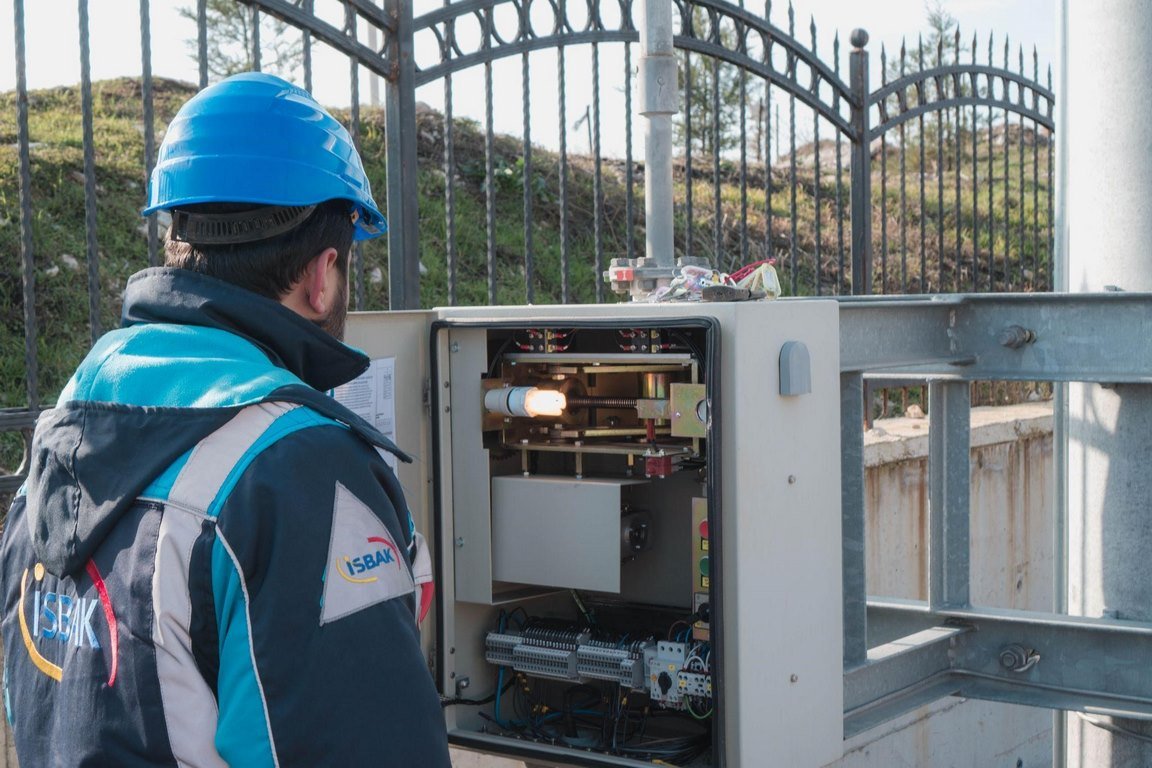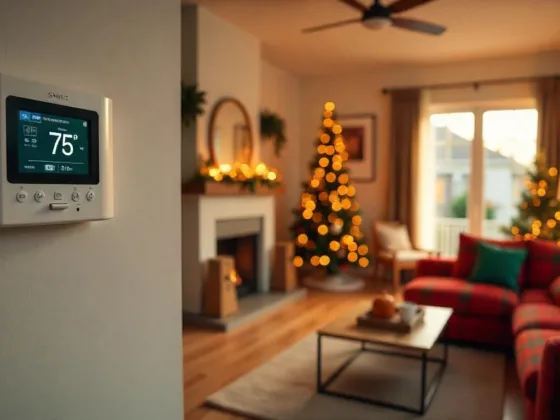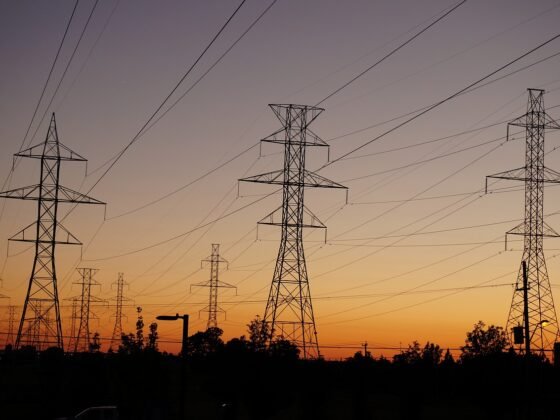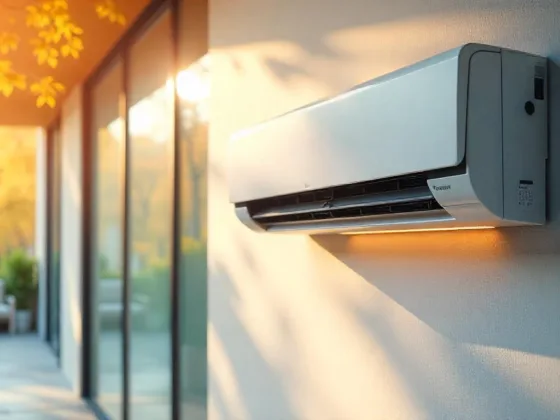Table of Contents Show
A whole house generator can provide peace of mind during a power outage. It’s a great investment for homeowners who want to be prepared for anything.
But before you install one, there are a few things you should consider. In this blog post, we will discuss five factors you need to keep in mind before purchasing and installing a whole-house generator.

1. Your Needs
First, assess your needs. What is the primary reason you’re considering a whole house generator? Do you live in an area with frequent power outages? Do you have medical needs that require electrical power? Answering these questions will help you determine the right size and type of generator you need.
For instance, if you have a big home with lots of power-hungry appliances, you’ll need a larger generator that can handle the increased demand.
Residential back up power experts notes that most people only need a generator that can power their essential appliances and lights during an outage.
However, if you live in an area that experiences harsh weather conditions that often lead to power outages, you may want to consider a generator that can power your entire home. This way, you’ll be able to keep your family comfortable and safe until the power is restored.
Read Also:
2. Budget and Running Cost
Next, consider your budget. Whole house generators can range in cost from a few thousand dollars to tens of thousands of dollars. Be realistic about what you can afford so you don’t end up stretched financially.
In addition to the initial cost of the generator, you’ll also need to factor in the running costs. Generators require fuel, and the type of fuel your generator uses will affect your operating costs.
- For example, natural gas generators are typically more expensive to operate than propane generators. However, they may be a good choice for homeowners who want to be as prepared as possible for a power outage.
- Electric generators are the most expensive to operate, but they’re also the most environmentally friendly option, so they’re worth considering if you’re looking for a green solution.
3. Fuel Source
When choosing a generator, you’ll need to decide what type of fuel it will use. Most whole-house generators run through an existing gas or LP supply.
If you don’t have a gas or LP connection, you’ll need to factor in the cost of running a new line to your generator. You should also consider how easy it will be to obtain fuel for your generator during an emergency.
For example, if you live in an area prone to hurricanes, you may want to choose a propane generator. Propane tanks can be filled in advance, so you’ll have a fuel supply on hand even if gas stations are closed during a storm. When making your decision, just be sure to factor in the cost of running a new line and the hassle of obtaining fuel during an emergency.
4. Installation Process
Installing a whole-house generator is not a DIY project. You’ll need to hire an electrician to handle the installation.
A home backup generator is designed to deliver power directly to your home’s electrical system, which then powers up your entire home or specific systems you choose. Ensuring that the installation is done correctly is critical to the safety of your home and family.
In addition, you’ll need to decide where to place your generator. It should be located close to your home so that the wiring can be easily connected, but it also needs to be far enough away from your home to avoid any potential hazards. Be sure to consult with a professional before making any final decisions about where to place your generator.
5. Maintenance Requirements
Once your generator is installed, you’ll need to maintain it to ensure it’s always in good working condition. This includes regularly checking the oil and filter, as well as the fuel supply.
You should also have your generator serviced by a professional every year. Taking these simple steps will help you avoid any costly repairs down the road.
Some whole house generators require little maintenance, while others require more frequent servicing. So, ask about the maintenance requirements before making your purchase.
Also, install a whole-house generator that starts and stops automatically with no manual intervention needed. This will give you peace of mind knowing that your generator will be there when you need it most.
6. Warranties and Services
Finally, research warranties and service options before making your purchase. Many whole house generators come with comprehensive warranties, but some do not. Be sure to understand the terms of any warranty before making your purchase so that you can make a confident decision. In addition, some companies offer service contracts that cover the cost of repairs and maintenance.
This can be a good option for homeowners who don’t want to worry about the added expense of servicing their generators. Just be sure to compare costs and coverage before making your final decision.
Look out for any hidden charges or fees that could increase the cost of your service contract. Consult a trusted electrician to help you understand your options and the best solution.
Consult an Electrician
We can’t stress enough the importance of consulting with a licensed electrician who can help you select the right system for your needs and ensure it is installed properly. Remember that all generators are not created equal, and you’ll want to make sure you choose one that is properly sized for your home.
A generator that is too small won’t be able to power everything you need, while one that is too large will be a waste of money.
A professional will also be able to advise you on any city or state permits that may be required. Depending on where you live, there may be regulations around the installation of whole house generators.
With the right professional on your side, you can be sure you are in compliance with all local laws. Be sure to consult with a professional before making any decisions. This way, you’ll have a much clearer idea of what to expect.










